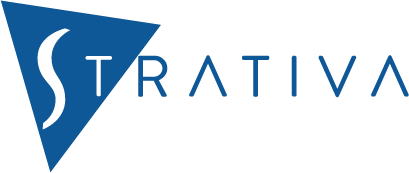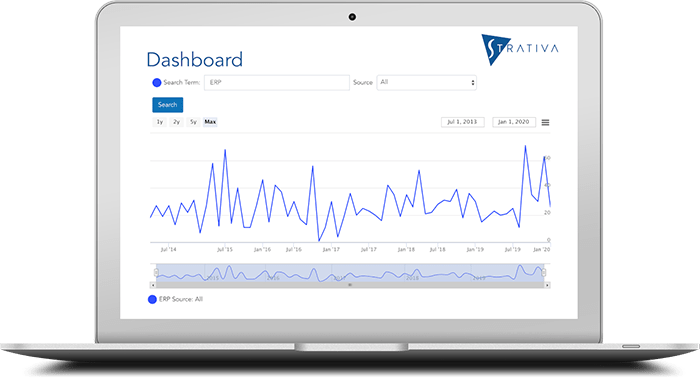
Oracle was hit by a customer lawsuit earlier this month in conjunction with its MICROS Systems business, which Oracle acquired in 2014. Although we do not yet know all of the facts, there is a lesson in this case for companies seeking to become digital businesses.
The Customer and the Complaint
The Ohio-based plaintiff, Aero Fulfillment Services, is a privately held fulfillment services provider to businesses that sell or distribute products online. According to Aero’s complaint, Aero purchased two MICROS products. In 2011, Aero licensed CWSerenade, which is essentially an ERP system for retailers, and in 2012, Aero licensed the MICROS Open Commerce Platform (OCP), which is a platform for development of customer portals.
Reading Aero’s filing in the US District Court in Ohio, it appears that the dispute involves access to the source code for the OCP system. Aero maintains that when it licensed OCP, MICROS (not yet acquired by Oracle) knew that Aero intended to build customizations and new features to integrate with OCP and that MICROS personnel represented that Aero would have ongoing access to OCP source code in order to build its customizations and maintain them for future versions of OCP.
In fact, Aero alleges, MICROS provided OCP source code to a third-party developer in order to assist Aero in developing its changes and customizations to OCP. Furthermore, Aero alleges, from 2012 to 2014 MICROS provided updated OCP source code to Aero so that Aero could keep its customizations up to date.
But, according to Aero’s lawsuit, this arrangement changed in 2014, when Oracle acquired MICROS and Oracle refused to provide source code for an OCP update.
“Not only did MICROS/Oracle refuse to provide source code for the OCP update, but it also stated that Aero had either never received OCP source code in the first place, or had received it in error, in an unauthorized way,” the lawsuit alleges.
Calling Oracle’s move a “bait and switch,” Aero claims it was forced to begin development of its own programs to serve its clients’ e-commerce needs. “Aero has been forced to expend a great deal of money and effort to date to provide solutions to its clients that would counteract the unavailability of source code for the OCP update,” the complaint reads.
Why would Oracle withhold source code that Aero alleges MICROS previously had provided? Aero claims that after acquiring Micros, Oracle began marketing OCP to lower volume e-commerce clients, bringing Oracle into more direct competition with Aero.
Aero is suing Oracle for breach of contract, fraud, and negligent misrepresentation, among other claims for relief.
Lessons in Becoming a Digital Business
Regardless how this case is decided, there are some important lessons for organizations seeking to become digital businesses. Many traditional providers of goods and services are now finding themselves, like Aero, in the software business. Yet they often do not have core competencies around software development. As a result, such firms look for systems they can use as the basis for their custom development.
The best solutions to use as the basis for software development are open source. But a true “open source” license involves more than access to program source code. It includes various rights to use, modify, and redistribute the source code as the basis for new products. True open source software is developed and licensed with the intention that others will use it and build upon it. Therefore, it is an excellent foundation for use in transforming an organization to a digital business.
All that we know about this case is what Aero has claimed in its lawsuit. In any event, we will know more if and when this case reaches trial.
Oracle declined our invitation to comment.

